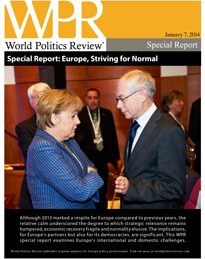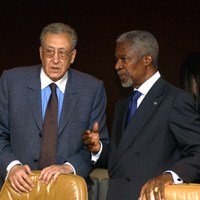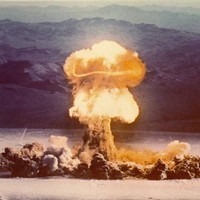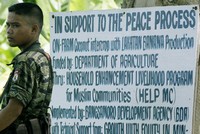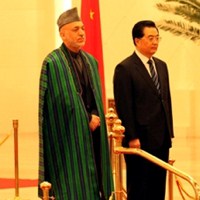
Thus far, China’s policy toward Afghanistan has followed Deng Xiaoping’s famous adage regarding how China should conduct itself in the international arena: “Observe calmly; secure our position; cope with affairs calmly; hide our capacities and bide our time; be good at maintaining a low profile; and never claim leadership.” But the planned withdrawal of most, if not all, Western combat forces from Afghanistan by the end of this year will require Beijing to consider new scenarios and approaches in the country. Chinese analysts recognize that on balance Beijing has benefited from the U.S. military effort in Afghanistan since, unlike many […]


